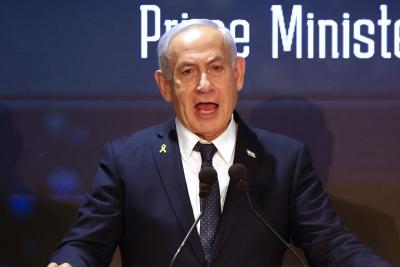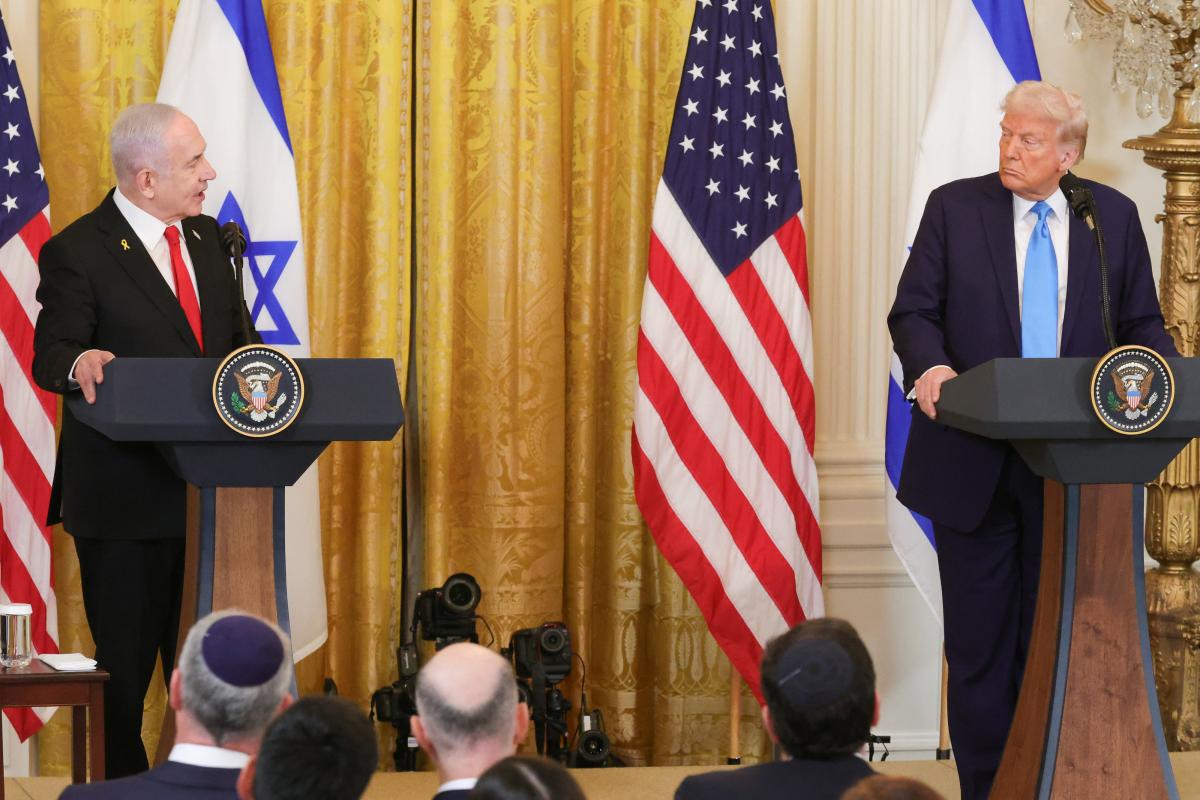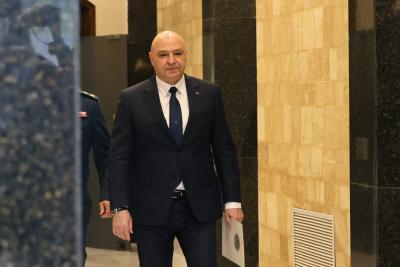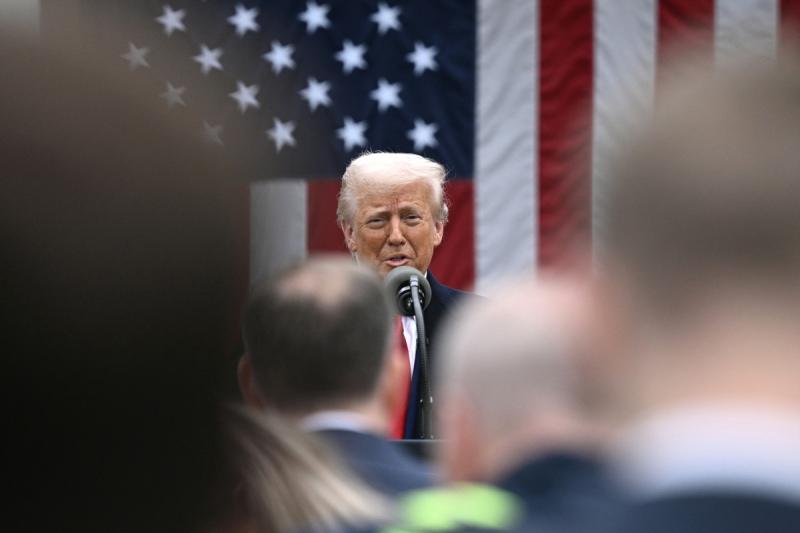In a move that has ignited a firestorm of controversy, President Donald Trump recently proposed that the United States take control of the Gaza Strip with the aim of transforming it into a luxurious resort and a hub for economic activity centered around the natural gas reserves off its coast. During a joint press conference with Israeli Prime Minister Benjamin Netanyahu, Trump characterized the initiative as an opportunity for revitalization amid decades of failed peace efforts in the Middle East.
At first glance, this proposal appears to reflect a significant shift from political discourse to real estate ambitions, harkening back to Trump’s roots in property development. When questioned about the implications for the Palestinian population, Trump’s response was vague yet optimistic, proclaiming the project as “beautiful” and claiming “everyone” would agree. However, the specifics of who constitutes “everyone” were left unclear, leaving many skeptical and concerned.
The suggestion that the U.S. would oversee Gaza raises crucial questions about legality and ethics. Under international law, the concept of imposing oversight on a territory through the mechanisms of occupation and forcibly relocating its inhabitants is fraught with complications. The proposal met immediate resistance, not just from Palestinian advocates but also from a multitude of Arab states and international organizations, all of whom view it as a violation of sovereignty and human rights.
Notably, Trump’s plan includes relocating Palestinians to neighboring countries such as Egypt and Jordan, while repurposing Gaza into what he envisions as the “Riviera of the Middle East.” This would involve massive infrastructural changes, including the removal of debris, the construction of luxury housing and commercial centers, and even the potential deployment of U.S. forces to maintain order during the transformation. The financial costs and logistical challenges associated with relocating a population of approximately two million people cannot be understated, raising further doubts about the plan's feasibility.
Moreover, should Trump choose to press forward with his initiative, a complex web of political dynamics would come into play. While some members of Congress may support the idea, it is likely to face significant pushback both domestically and internationally. The prospect of deploying American troops to Gaza may further exacerbate tensions, providing a justification for Hamas and other factions to escalate their resistance against perceived occupation.
The immediate future does not appear to favor the successful implementation of Trump’s vision. Overwhelming opposition from Palestinian citizens and their allies, combined with internal dissent in the U.S. from both Democrats and moderate Republicans, poses significant barriers. Furthermore, the young generation in America, having witnessed the consequences of previous policies in the region, is poised to reject any initiative it sees as unjust.
Amid this resistance, one must consider the underlying motivations behind Trump’s audacious proposal. While some close aides suggest it could be a tactical maneuver to gain leverage in negotiations with Hamas and Arab leaders, others speculate that it might also serve to appease right-wing factions in Israel or solicit financial contributions from Arab nations for Gaza’s reconstruction.
As tensions in the region continue to simmer following violent clashes and military actions, the path forward remains uncertain. Following Hamas’ attacks on October 7, 2023, Israel's need to reassess its strategy emerged, yet it is equally important to approach the issue of Gaza's reconstruction with a commitment to human dignity and rights.
Given the complexities surrounding the reconstruction of Gaza, the opportunity for meaningful change requires more than a unilateral declaration. It demands collaborative engagement from multiple stakeholders—not only U.S. officials but also representatives from Palestinian communities, neighboring countries, and international entities. Such an approach could foster a renewed commitment to peace, acknowledging the historical grievances and aspirations of all involved.
While Trump’s proposal may have the appearance of a bold economic initiative, the inherent challenges and potential ramifications make it a precarious undertaking. The key to lasting peace in the region lies not in transient projects but in genuine dialogue and a commitment to addressing the underlying issues that have long plagued the Israeli-Palestinian conflict. As the world watches, the fate of Gaza and its people hangs in the balance, requiring nuanced actions and a deep respect for humanity.
 French
French














